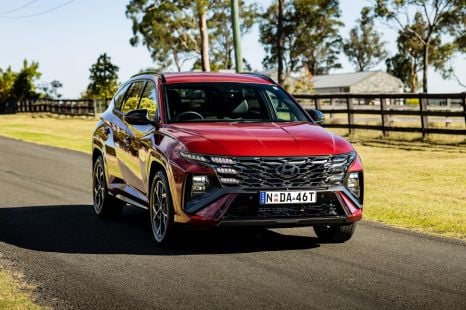

Matt Campbell
2026 Hyundai Tucson Hybrid review
8 Minutes Ago
2020 was a tough year for the Australian car industry, but luxury brands managed to hold steady (or grow) through the chaos.

Marketplace Editor


Marketplace Editor
COVID-19 stalled many aspects of everyday life, and it had a huge impact on the automotive industry in 2020. But, while the overall market was down for the year, luxury brands increased their market share and in some cases increased their volume.
December’s monthly result was a strong finish for what was a very rough year, with the overall market increasing by a decent 13.5 per cent compared to the same month in 2019.
Here, we’ll focus on the main luxury brands and their end-of-year results.
MORE: VFACTS – December sales results
| Brand | Volume in 2020 | Market share (overall %) |
|---|---|---|
| Mercedes-Benz Cars | 29,455 | 3.2 |
| BMW | 23,520 | 2.6 |
| Audi | 15,868 | 1.7 |
| Lexus | 8846 | 1.0 |
| Volvo Car | 7700 | 0.8 |
| Land Rover | 6339 | 0.7 |
| Porsche | 4243 | 0.5 |
| Jaguar | 1326 | 0.1 |
| Alfa Romeo | 734 | 0.1 |
| Genesis | 229 | 0.0 |
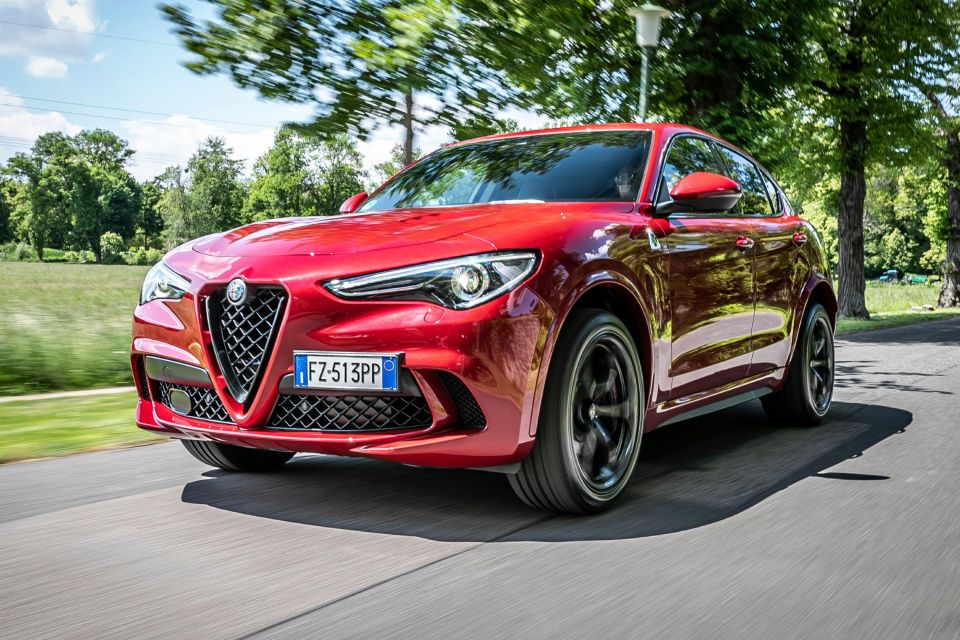
The iconic Italian brand was one of the few luxury marques to not make much ground in 2020, though a refreshed Giulia and Stelvio could bring some relief into 2021.
Alfa’s year-end tally of 734 units was down 17.6 per cent on 2019’s result, not helped by underperforming models in key segments.
Its star for the year was the Stelvio mid-size SUV, which saw 414 registrations to December 31 (+6.2 per cent), the only model in the line-up to mark an increase over last year’s volume.
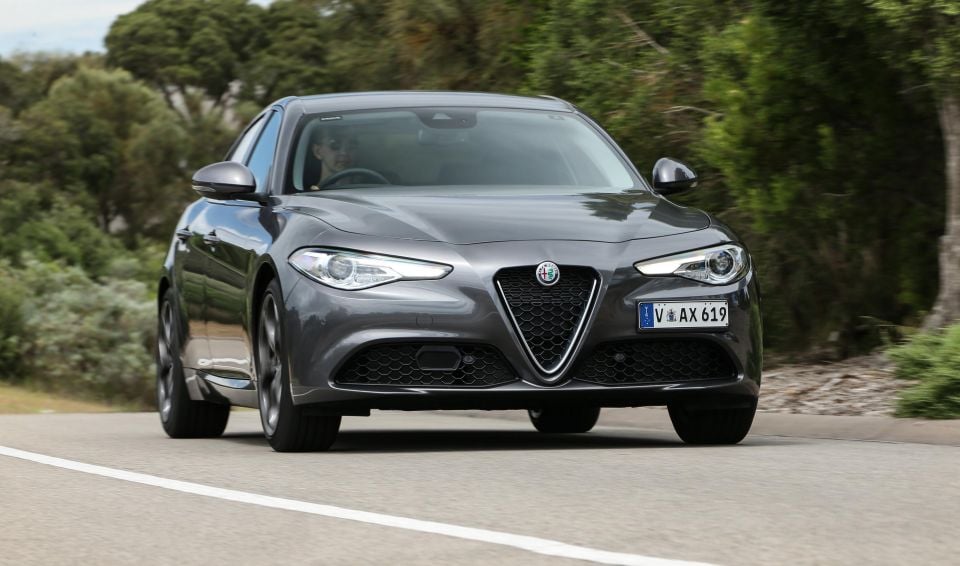
The related Giulia sedan, which received a mild refresh in November, finished the year with 193 sales, down 36.3 per cent.
The ageing Giulietta hatch only managed 120 sales (down 29 per cent), while the now-discontinued 4C sports car shifted just seven units in 2020.
In 2021, Alfa Romeo will bring similar updates to the Stelvio as it did with the Giulia – largely focusing on enhanced equipment and technology – though there aren’t really any other launches pencilled in until its Tonale compact crossover is launched globally in 2022.
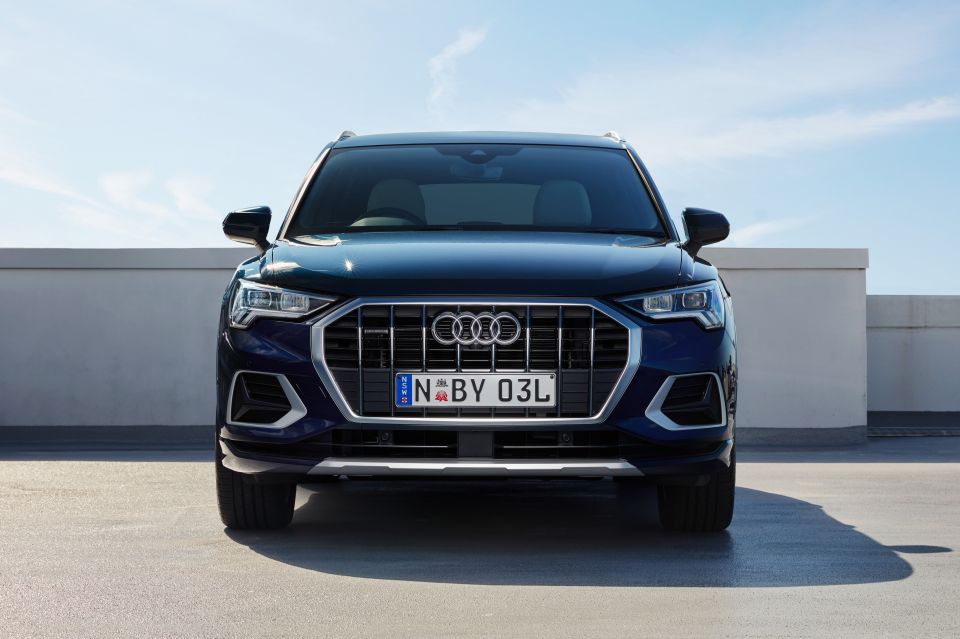
After spending most of 2019 short on volume waiting for new models to arrive, Audi Australia upped its yearly sales by 150 units in 2020 to 15,868 registrations, up 1.0 per cent.
By far the driving force behind the four-ringed marque’s sales growth were the Q3 and Q3 Sportback, together increasing volume by 441.7 per cent over last year to 4090 units.
The Q3 consistently tops the monthly sales chart for the Premium Small SUV segment, and in December delivered 660 units for a 28.5 per cent share for the month – well ahead of the new Mercedes-Benz GLA (489 units) and Volvo XC40 (469 units).
Further, if you add the smaller Q2(1284 units) into the mix, Audi dominates almost 30 per cent of the Premium Small SUV market.
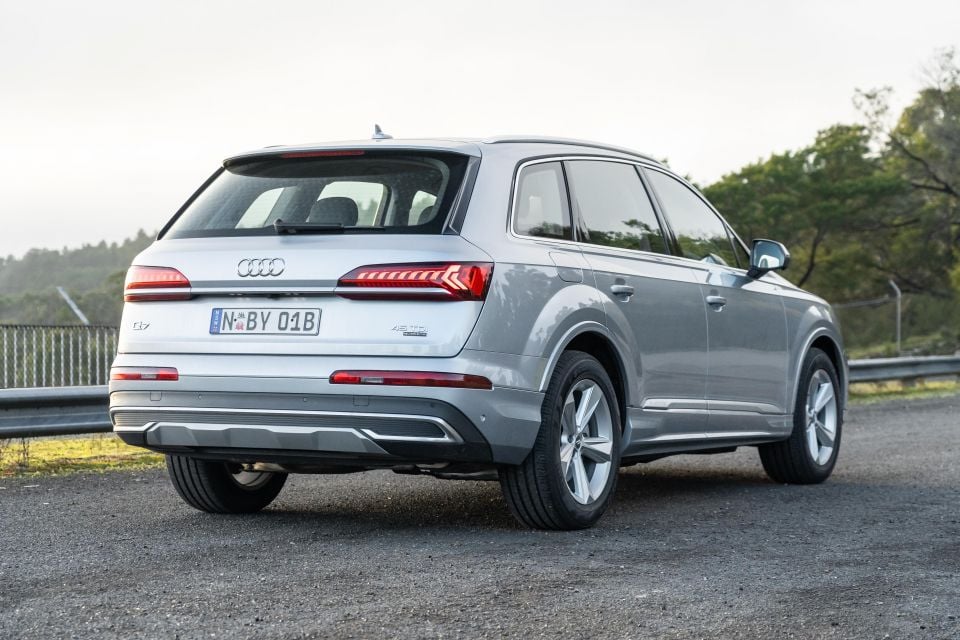
Other sales success stories include the updated Q7 large SUV, which increased by 28.1 per cent in 2020 to 1734 units, equivalent to an additional 380 sales over last year.
The pint-sized Audi A1 hatch also added incremental volume, growing by 179 sales in 2020 to 504 units, up 55.1 per cent.
Elsewhere in the range, Audi’s passenger models saw steady declines, though there’s an all-new version of the popular A3 due in the second half of 2021.
The Q5 mid-size SUV is also about to be refreshed in 2021, which should spark renewed interest in the popular nameplate.
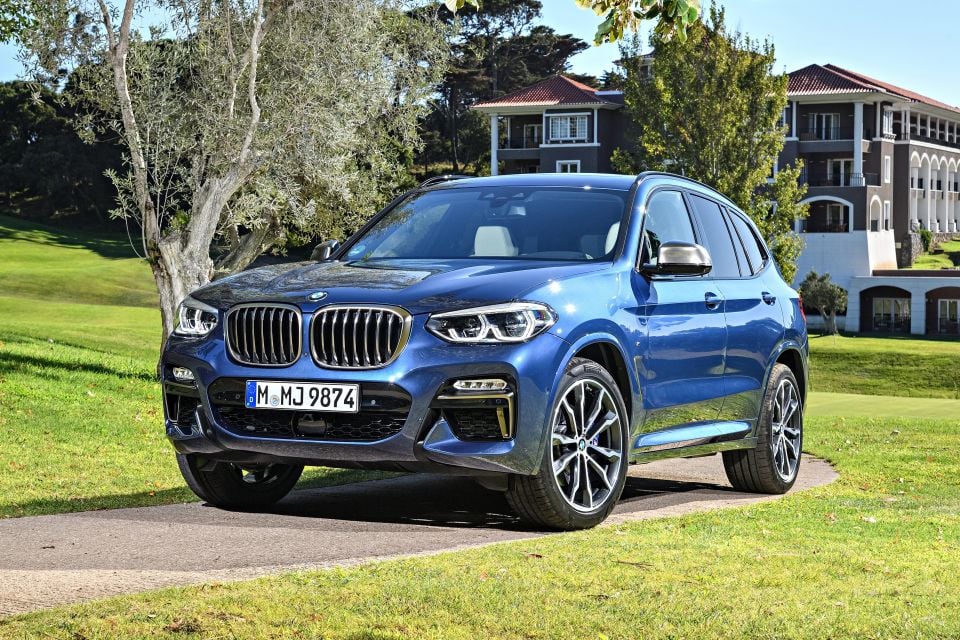
Bavaria’s luxury carmaker set an all-time monthly sales record this year despite trying times, and managed to finish 2020 up 0.9 per cent growth(to 23,520 units) despite stock shortages throughout the year.
The brand’s top seller was the X3 medium SUV, which shifted 4360 units (down 4.9 per cent), followed by the 3 Series mid-size sedan and wagon with 3406 units (up 8.6 per cent).
Also helping the brand’s incremental growth was the X1 small crossover, increasing by 7.5 per cent to 3060 sales.
Several key model lines fell this year, however, including the X5 large SUV (2956 units, -15.5 per cent), 5 Series(718 units, -25.5 per cent) and X4 SUV Coupe (1273 units, -16.1 per cent).
In 2021, BMW should see growth with the new-generation 4 Series Coupe and Convertible, as well as the all-new M3 and M4 performance models.
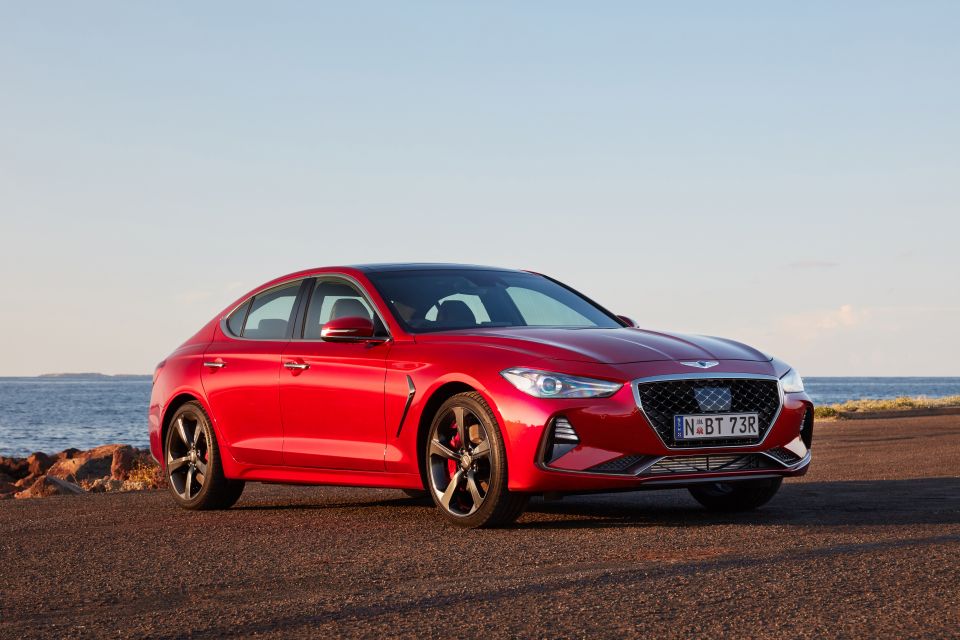
The Korean luxury upstart finished strong in 2020, upping its volume by 122.3 per cent (albeit off a low base) to 229 units for the year.
First place went to the G70 sedan (118 units, +87.3 per cent) which is due to be facelifted in the coming months, followed by the recently overhauled G80 sedan (59 units, +47.5 per cent) and the all-new GV80 SUV (52 units).
Keep in mind the new-generation G80 and GV80 – Genesis’ first SUV – only went on sale during the tail-end of 2020. The GV80 sold 31 units alone in December, almost tripling the G70’s monthly result.
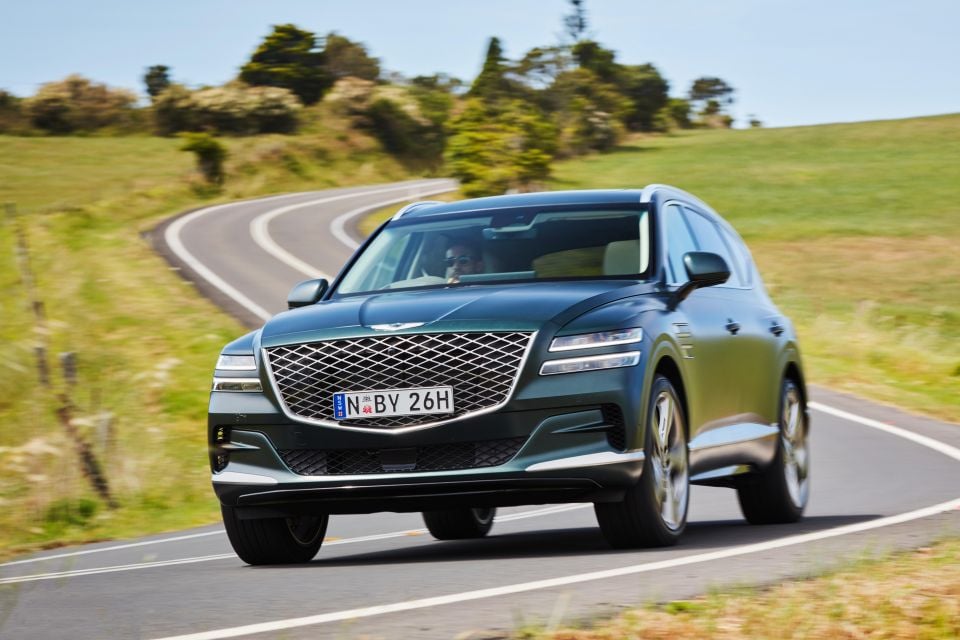
In 2021 expect Hyundai’s premium subsidiary to gain more traction with the GV80, bolstered by the re-skinned G70.
Perhaps the most vital piece of Genesis’ sales puzzle will be the all-new GV70 mid-size SUV, due in the first half of this year. Pitched as a rival to the Audi Q5, BMW X3 and Mercedes-Benz GLC, the GV70 should cash in on what is the most lucrative premium segment right now.
Watch this space.
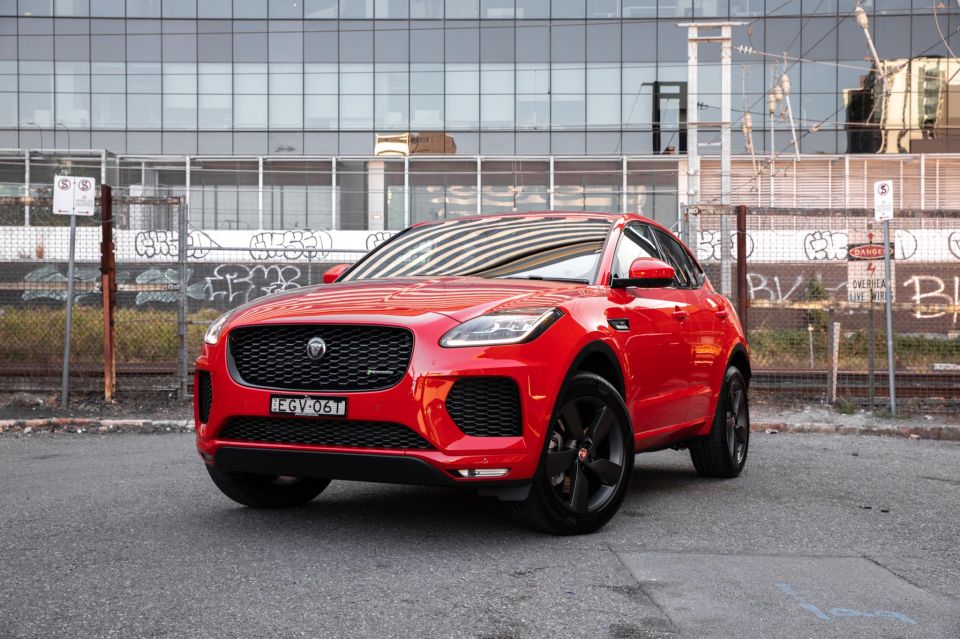
Like Alfa Romeo, Jaguar failed to jump on the growth train in 2020.
With 1326 units sold, the Big Cat posted a decline of 41.7 per cent compared to 2019 off the back of slowing sales across the line-up.
Even Jaguar’s top seller, the E-Pace small SUV, fell by 35.7 per cent in 2020 to 662 sales – a shadow of its 1029-unit result the year before.
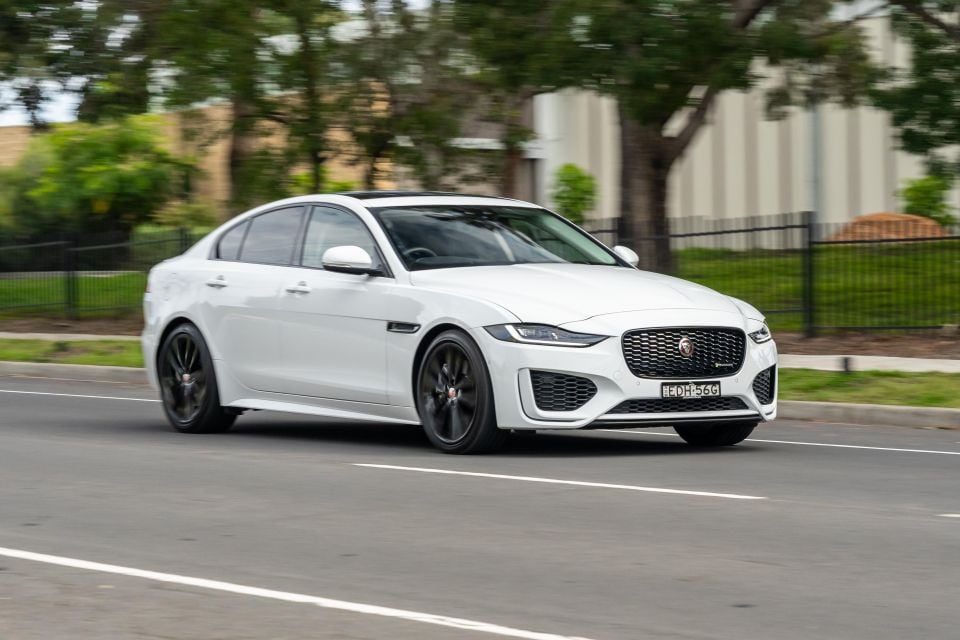
The mid-size F-Pace SUV also fell by 42.3 per cent to 311 units, while the XE sedan declined by 50.3 per cent to just 196 units for the year.
In 2021 there’s rolling upgrades for the E-Pace, F-Pace, XE and XF, bringing enhanced equipment levels and revised pricing focused on strengthening value and reducing complexity.
Hopefully for the British marque this brings with it some sales benefits.
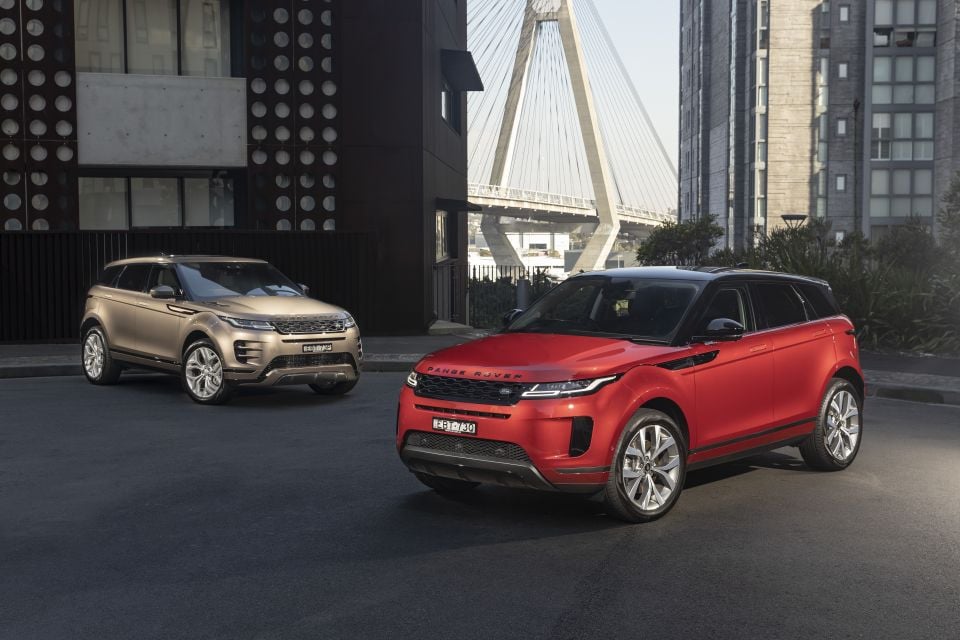
Despite ever-growing SUV sales, Land Rover failed to capitalise on the trend, falling by 28.6 per cent to 6339 units in 2020.
That’s equivalent to 2540 units less than 2019, which is surprising given the Range Rover Evoque and Sport remain consistent sellers, as well as the early success of the all-new Defender which has already sold 519 units since its launch in the second half of the year.
Within the Land Rover-branded line-up, the Discovery Sport and Discoveryfell by 44.9 per cent and 34.6 per cent respectively, though the former received an upgrade during the second half of 2020, and the latter will be facelifted in 2021.
Like Jaguar, Land Rover’s upgraded models will slim model ranges and focus on improving value to better compete with rivals, though whether this is enough to reverse the downwards sales trend remains to be seen.
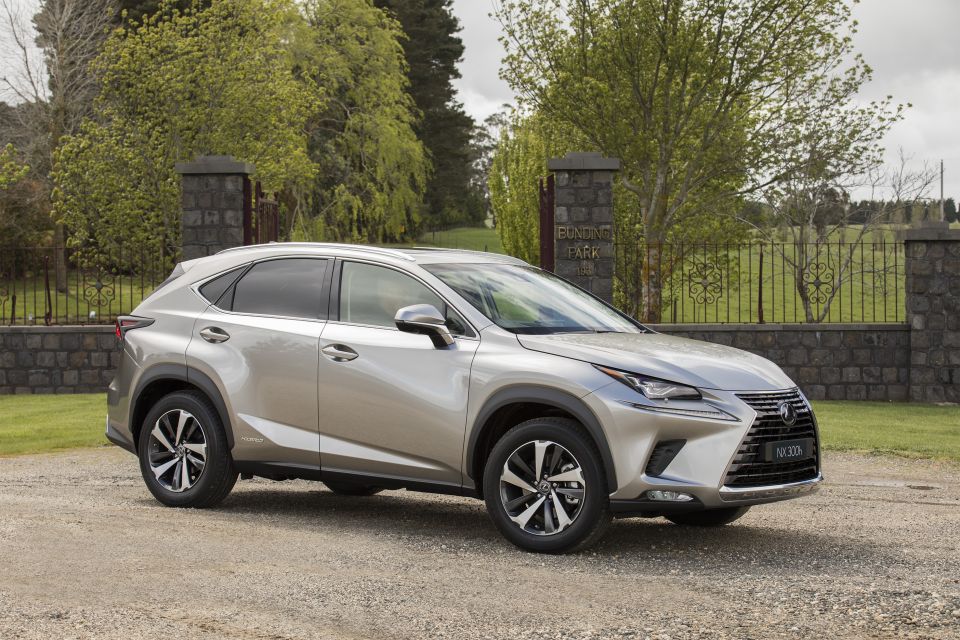
After several years of setting records, Lexusfell by 8.0 per cent to 8846 units in 2020 – down 766 sales on the year prior.
The NX mid-size SUV was the only volume-selling model to really post any growth, shifting 3518 units (up 1.4 per cent). Further, the NX topped its segment in December with 475 sales (+94.7 per cent).
Elsewhere in the range the RX SUV held strong with 1879 sales – just four less than the previous year – while the compact UX crossover fell by 27.3 per centto1403 units (down 528 units).
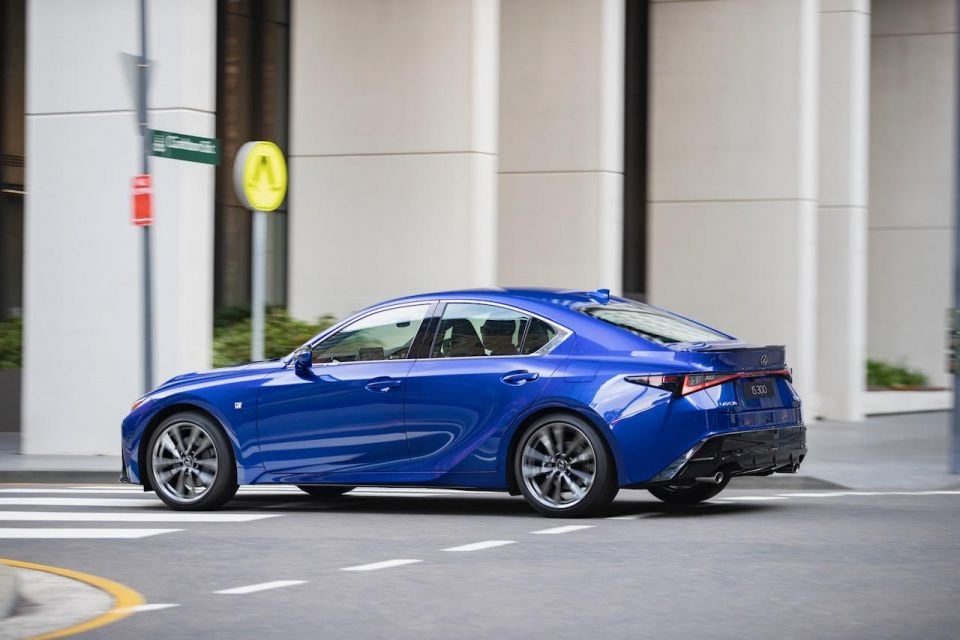
The ES large sedan added incremental volume with 586 sales (+4.5 per cent), though the IS, LS and LX all declined.
Looking forward, the ‘reimagined’ IS sedan should claw back some ground against the C-Class and 3 Series in 2021, though the only other major launch currently confirmed for Lexus this coming year is its first electric vehicle coming in November – the UX300e.
Whether the UX-based EV makes a mark will likely be heavily dependent on pricing, and whether buyers choose the Japanese crossover over the Hyundai Kona Electric and upcoming Volvo XC40 Recharge EV due later in 2021.
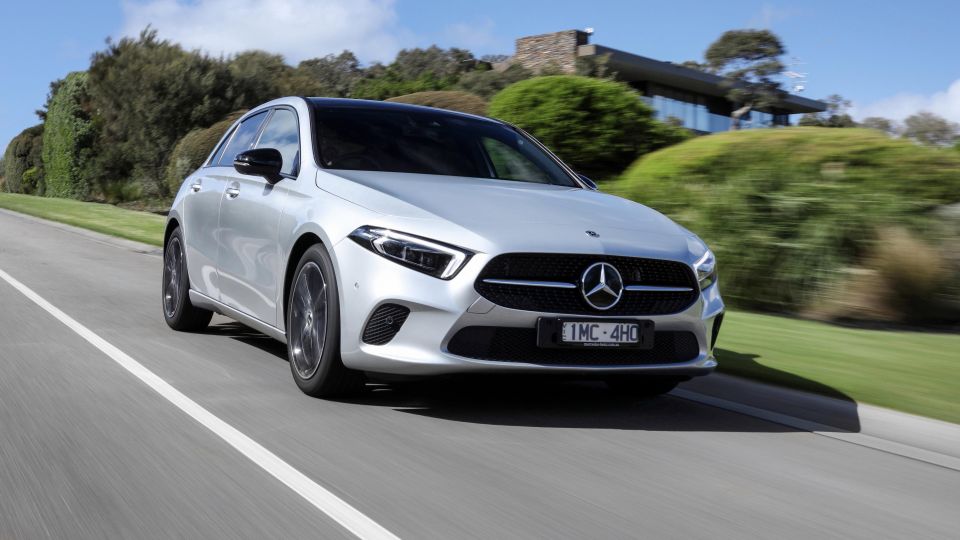
The three-pointed star held onto its luxury sales crown in 2020, posting 29,455 sales (-7.9 per cent).
Like BMW, Mercedes-Benz set a monthly sales record during the year, but that couldn’t stop a sales slide of 2530 units compared to 2019.
Despite the overall decline, there were some success stories out of the Benz stable.
Leading the way was the A-Class small car, delivering 6054 sales (+29.1 per cent) for the year and dominating the Premium Small Passenger segment with a huge 43.1 per cent share.
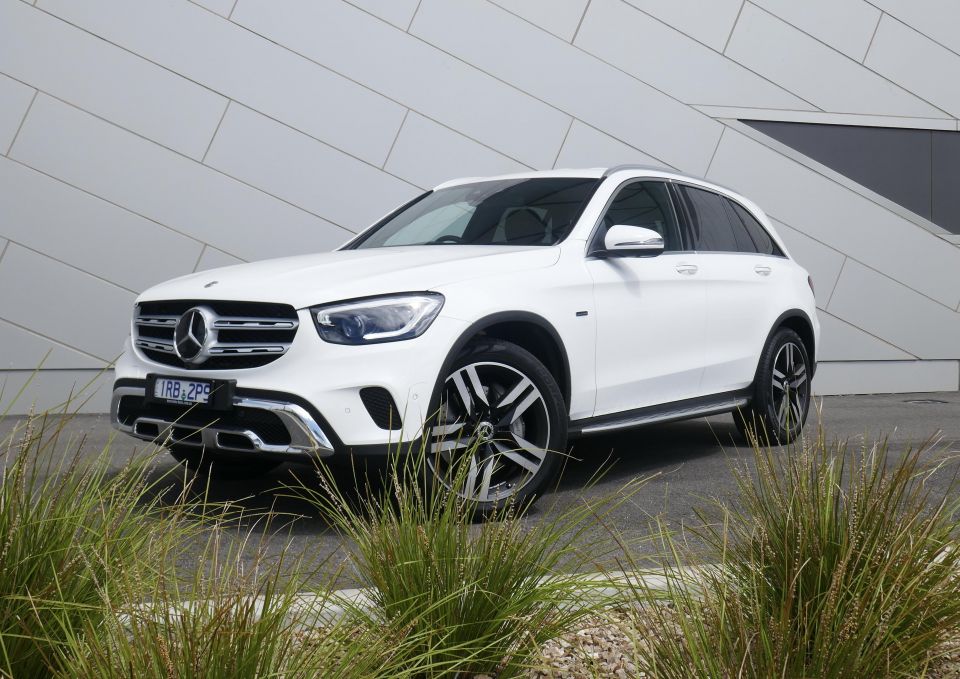
The GLC mid-size SUV fell by 22.5 per cent but was the company’s second-best seller with 4470 units, bolstered by the GLC Coupe’s 1329 yearly sales. Together, the GLC model lines account for 1 in 5 medium luxury SUV sales.
An all-new GLA brought more buyers back to Mercedes-Benz showrooms in 2020, posting yearly growth of 23.8 per cent and returning a healthy 3173 sales.
The CLA four-door coupe managed 46.2 per cent growth to 2082 units, which together with the C-Class helps Benz account for nearly 45 per cent of medium luxury passenger sales.
Speaking of the C-Class, the ageing mid-sizer returned 3378 sales in 2020 (-50.3 per cent), holding strong against the much newer BMW 3 Series and refreshed Audi A4/A5.
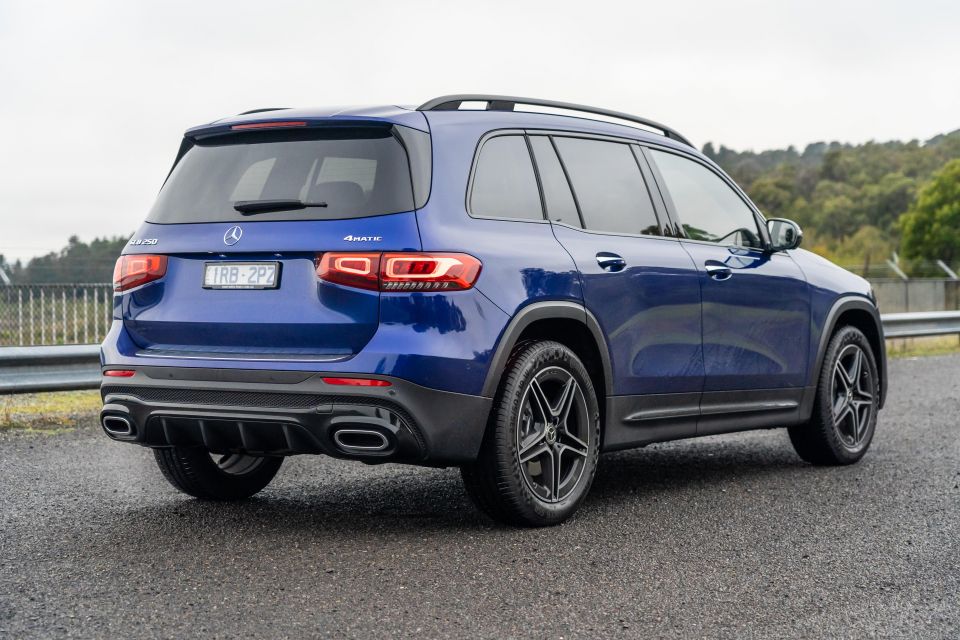
The all-new GLB seven-seat SUV added 899 sales from launch mid-way through 2020. Further incremental volume was added by the EQC electric SUV (194 units, +>999 per cent).
Other highlights included the new GLE, which sold 2854 units (+37.1 per cent) in wagon form and 407 units in coupe guise, while the larger GLS saw growth of 119.1 per cent to 813 yearly sales.
In 2021 Mercedes-Benz is expected to globally launch a new-generation C-Class, as well as the electric EQA based on the GLA. The EQS electric flagship is also due to commence production this year.
Australian launches confirmed so far are an upgraded CLS with MBUX (March) and the a mid-life facelift (fourth quarter), as well as the all-new S-Class limousine.
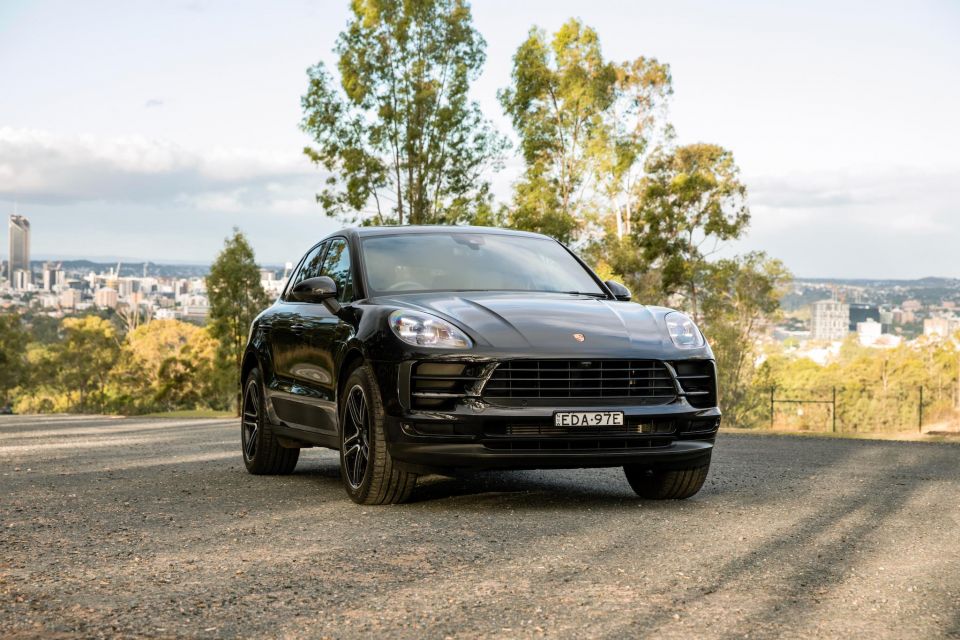
Stuttgart’s sports car and sports utility specialist was one of 2020’s success stories, increasing sales volume by 2.0 per cent to 4242 units and relatively stable sales across its line-up.
The popular Macan mid-size crossover and Cayenne Coupe posted growth, to the tune of 7.4 per cent in the case of the Macan, to 2158 salesand594sales respectively.
Note the Cayenne Coupe only launched late in 2019, so the extra 543 units it sold in 2020 compared to the year prior are nothing but additional sales for Porsche.
The Cayenne Coupe wasn’t far off its wagon sibling, which fell 39.2 per cent to 791 units in 2020.
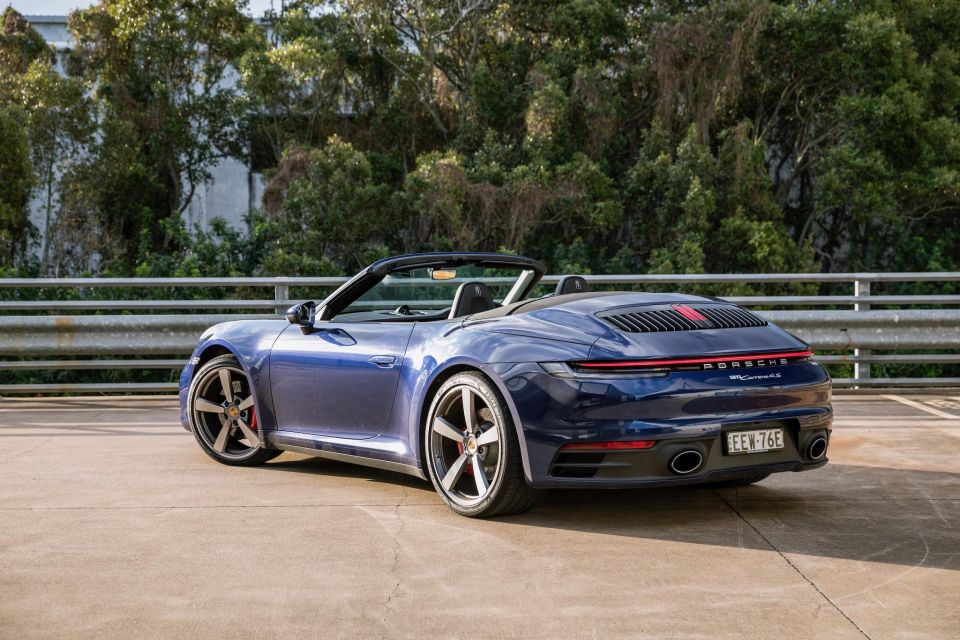
Meanwhile, the 911 sports car flagship outsold its 718 Boxster and Cayman siblings combined to deliver 431 yearly sales, though that was still down by 14.5 per cent compared to 2019.
Adding incremental value were the 718 Cayman (164 units, +5.1 per cent), 718 Boxster (82 units, -7.9 per cent) and Panamera (23 units, -54.9 per cent).
Porsche will welcome further variants of its existing model lines in 2021, which should give it the best chance of beating 2020’s year-end result with more complete model lines across the board.
Another one to watch is the all-new Taycan electric vehicle, which is already available to order – we’ve already seen a handful on Aussie roads.
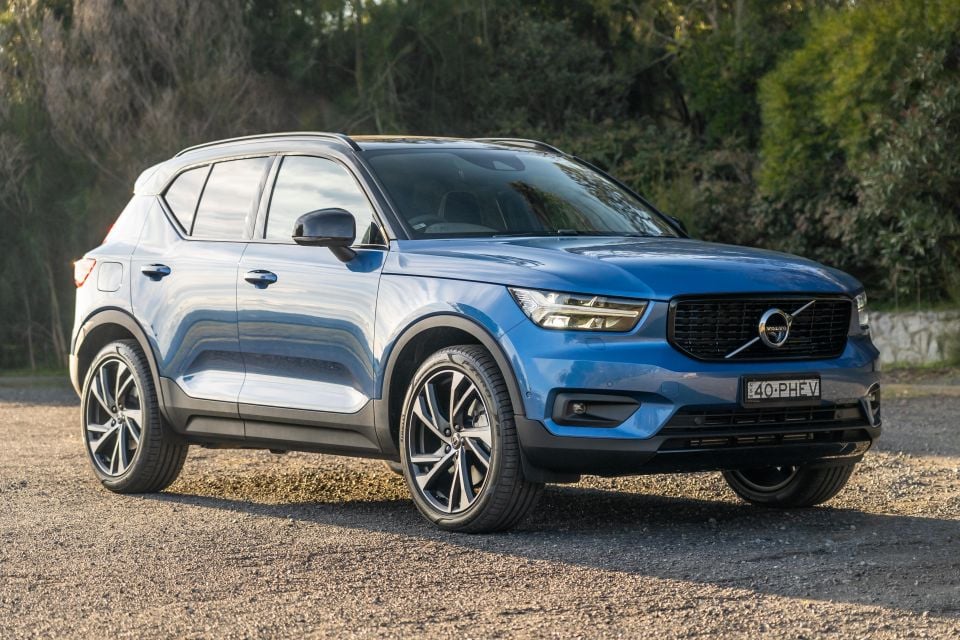
The Chinese-owned Swedish marque nearly matched its record 2019 result despite the circumstances, dropping by just 1.0 per cent to 7700 yearly sales.
Incidentally, most of Volvo’s model lines posted growth in 2020, however its key XC60 and XC90 SUVs lost ground in ever-competitive segments.
First place in the in-house sales race went to the XC40 compact SUV, which finished the year with 3229 registrations, an improvement of 13.0 per cent compared to the year before.
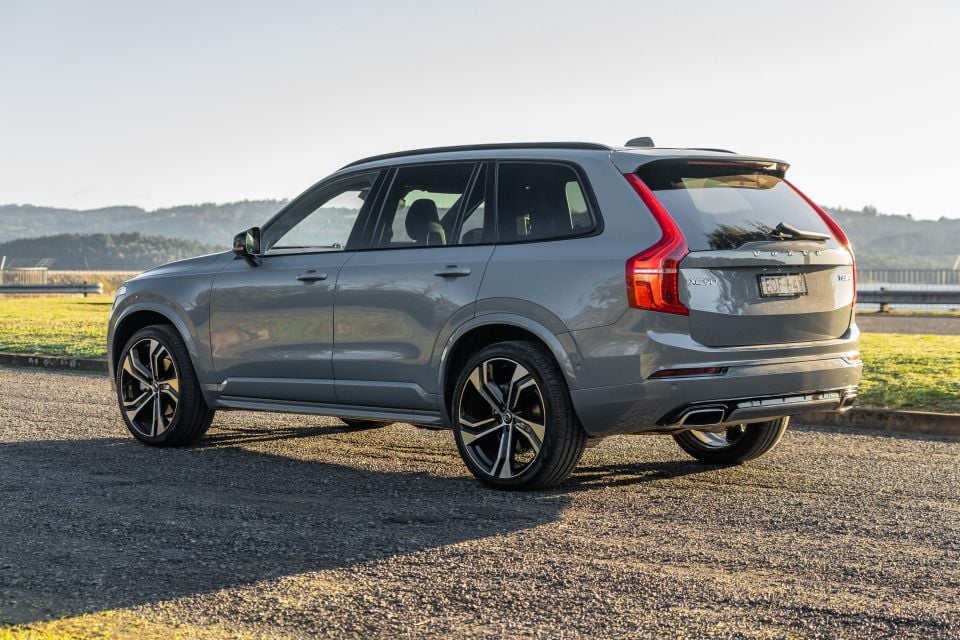
The mid-size XC60 was in second, with 2858 sales (-16.1 per cent), while the flagship XC90 scored bronze with 942 sales (-21.0 per cent).
Elsewhere in the range, the S60 sedan and V60 wagon posted triple-digit growth in their first full year on sale (309 units and 265 units respectively), while the V90 Cross Country added incremental volume of 97 yearly sales – up 70.2 per cent.
The Swedish brand has some key launches coming in 2021, including its first electric vehicle in the XC40 Recharge EV, as well as the V60 Cross Country which will replace the standard V60 wagon toward the end of the year.
Expect running model-year changes for the XC40 and XC60 as well to keep them fresh in their hotly-contested segments.
MORE: Industry sales coverage
James Wong is an automotive journalist and former PR consultant, recognised among Australia’s most prolific motoring writers.


Matt Campbell
8 Minutes Ago
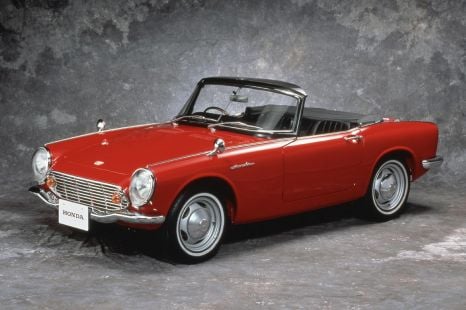

Max Davies
16 Hours Ago
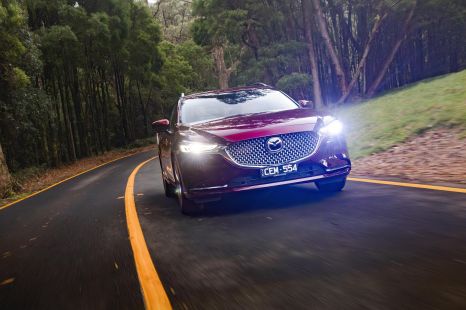

William Stopford
16 Hours Ago
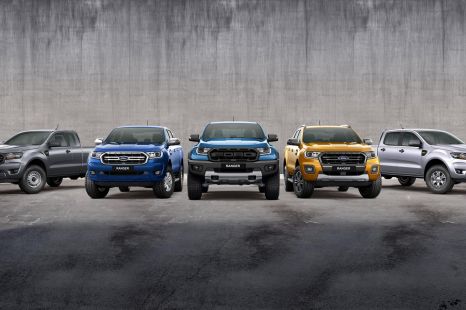

Derek Fung
17 Hours Ago
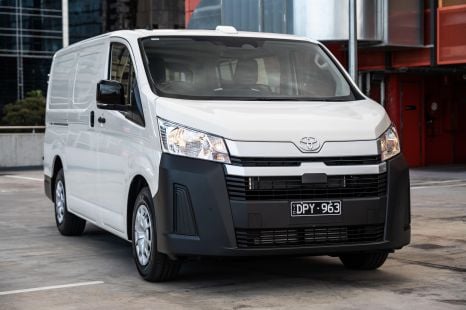

Max Davies
1 Day Ago
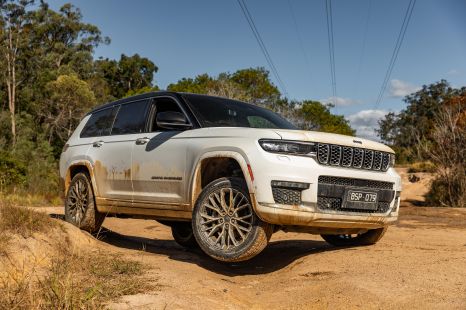

William Stopford
2 Days Ago